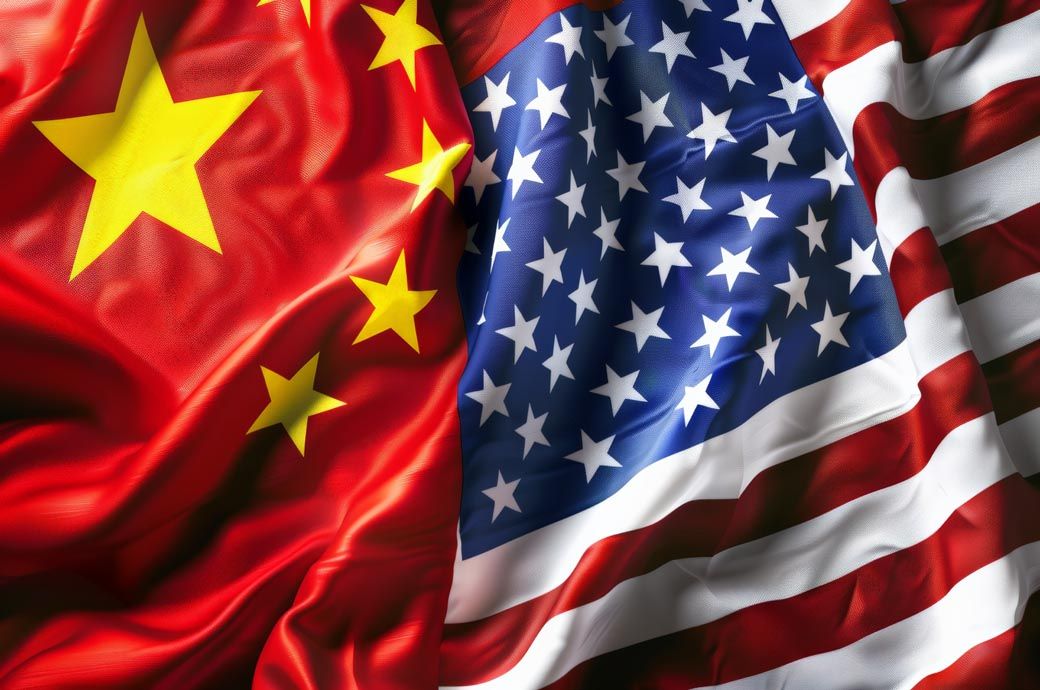
The updates include new timing and rates for tariffs on face masks, medical gloves, needles and syringes; an exclusion for enteral syringes; a proposal regarding coverage of additional tungsten, wafers, and polysilicon tariff lines; an exclusion for ship-to-shore cranes ordered prior to May 14, 2024; an expansion of the scope of the machinery exclusions process to include five additional tariff lines; and modification of the coverage of proposed exclusions for solar manufacturing equipment.
The proposed modifications announced in May this year were largely adopted, with several updates to strengthen the actions to protect American businesses and workers from China’s ‘unfair trade practices’ following the review of more than 1,100 comments from the public, an USTR release said.
The updates improve the effectiveness of the tariff actions in achieving the objectives of the investigation, while considering other actions that could be taken and the overall effects of the tariff actions on the US economy.
The USTR review report concluded that the Section 301 actions have reduced some of the exposure of US citizens and businesses to these technology transfer-related acts, policies and practices.
Instead of pursuing fundamental reform, China has persisted, and in some cases become more aggressive, including through cyber intrusions and cyber theft, in its attempts to acquire and absorb foreign technology, which further burden or restrict US commerce, the report found.
ALCHEMPro News Desk (DS)
Receive daily prices and market insights straight to your inbox. Subscribe to AlchemPro Weekly!